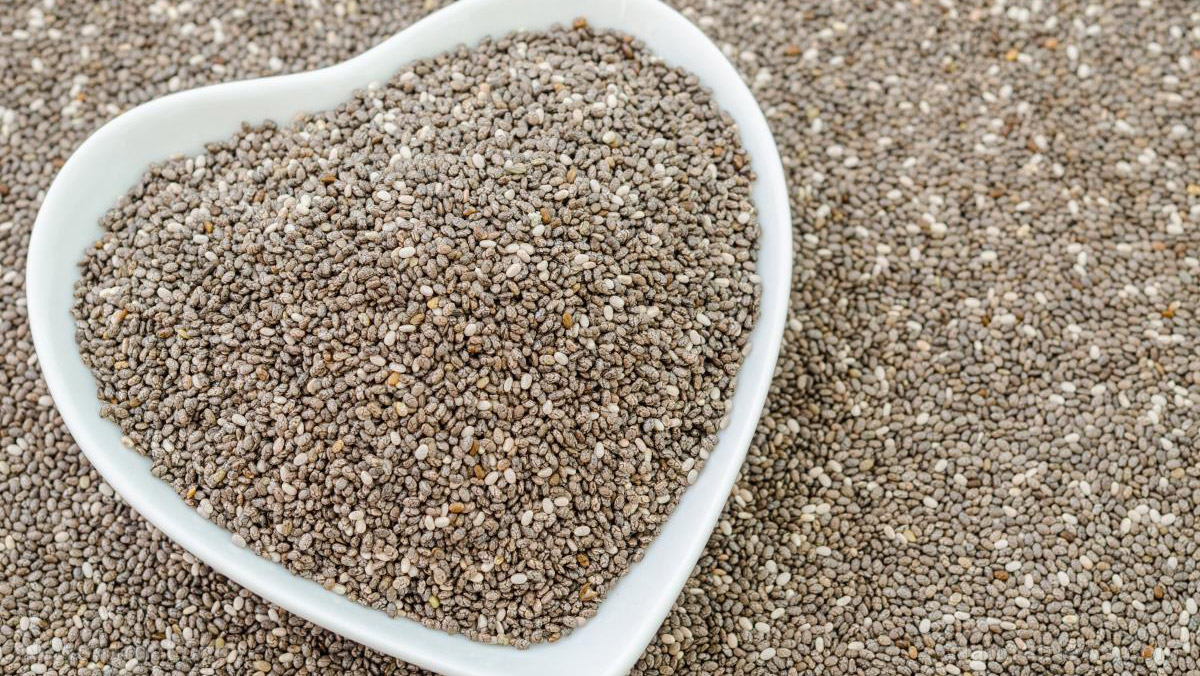
Advertisement
Many believe that omega-3 essential fatty acids only come from fish, but you’d be pleasantly surprised to know that other foods contain these healthy fats.
There are three kinds of omega-3 – eicosapentaenoic acid (EPA), docosahexaenoic acid (DHA) and alpha-linolenic acid (ALA). Both EPA and DHA mainly come from cold-water fishes like salmon, mackerel, tuna, herring and sardines. Meanwhile, ALA is mainly found in foods from plants.
Regardless of the kind of omega-3 you take, these fatty acids are considered essential because our bodies lack the enzymes needed to create them. But you don’t need to eat a lot of fish to get your dose of omega-3, as here are some non-fish sources.
We are building the infrastructure of human freedom and empowering people to be informed, healthy and aware. Explore our decentralized, peer-to-peer, uncensorable Brighteon.io free speech platform here. Learn about our free, downloadable generative AI tools at Brighteon.AI. Every purchase at HealthRangerStore.com helps fund our efforts to build and share more tools for empowering humanity with knowledge and abundance.
Chia seeds
The seeds of chia (Salvia hispanica) contain substantial amounts of ALA, with 60 percent of their oil being comprised of this fatty acid. One ounce (28 grams) of chia seeds contains a whopping 5,000 milligrams (mg) of omega-3 fatty acids. It easily surpasses the daily recommended intake of 1,100 mg for women older than 19 and 1,600 mg for men older than 19.
Flax seeds
A study published in the Canadian Journal of Cardiology reported that flax seed (Linum usitatissimum) is an alternative to marine products and is one of the richest plant sources of ALA. The U.S. Department of Agriculture also agrees with this finding, mentioning that one tablespoon (10 grams) of whole flax seed contains 2.3 to 2.4 mg of ALA.
Hemp seed
Hemp seed oil is unique as it not only contains omega-3, but also the anti-inflammatory omega-6 (gamma-linoleic acid) – with both in the optimal 3:1 ratio. This ratio is necessary as your body cannot absorb either if the ratio goes beyond that. Three tablespoons (30 grams) of hemp seeds contain approximately 2,600 mg of ALA.
Moreover, hemp seed oil features the superior form of omega-3 – stearidonic acid (SDA) – which converts to EPA in your body more efficiently than fish oil. Hemp seed oil is also a great source of omega-9, which fish oil isn’t. In addition, the omega-3 found in help is a much more stable form and will not oxidize like fish oil.
Perilla oil
A study published in the journal Oriental Pharmacy and Experimental Medicine reported that perilla seed oil (Perilla frutescens) consistently contains one of the highest proportions of omega-3 at 54 to 64 percent. P. frutescens also contains around 14 percent omega 6, and also has omega-9 – a compound absent in fish oil.
In another study published in the Journal of Nutritional Science and Vitaminology involving 20 elderly participants researchers replaced soybean oil with perilla seed oil. The study authors found that perilla oil caused ALA levels in the blood to double – and also led to an increased in EPA and DHA blood levels in the long term.
Walnuts
Walnuts are known to provide a much-needed boost to brain health, thanks to their high ALA content. A single-ounce serving of walnuts provides 2.5 grams of omega-3, more than the amount required to fulfill your daily needs for this essential and beneficial fatty acid.
Algal oil
Algal oil is both a plant-based and a marine source of omega-3, specifically DHA and EPA. Given that many fish eat seaweed, taking algal oil supplements means you’re getting this essential fatty acid from the source.
But Anna Taylor, a dietitian at the Center for Human Nutrition at the Cleveland Clinic in Ohio, says the major issue with algal oil supplements is the lack of regulation regarding them. This can lead to customers buying supplements that don’t contain what the label indicates. Thus, Taylor recommends doing research on an algal supplement brand before purchase.
Omega-3 fatty acids are an important part of your healthy, diverse diet and essential for your overall health. It is still possible to reap its benefits, fish-free.
Watch this clip about supporting a healthy heart with organic virgin flaxseed oil, a natural source of omega-3.
This video is from the Health Ranger Store channel on Brighteon.com.
More related stories:
Which fat is the right fat? Here are the top 3 omega-3 fatty acids.
Omega-3 fatty acids and health.
Omega-3 fats DHA and EPA lower risk of premature death by more than eighty percent.
Sources include:
Advertisements







